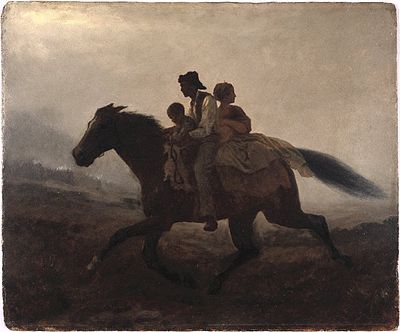For decades after its founding, America was really two nations – one slave, one free. There were many reasons why this nation ultimately broke apart in the Civil War, but the fact that enslaved black people repeatedly risked their lives to flee their masters in the South in search of freedom in the North proved that the “united” states was a lie.
The problem of the 1850s – how (for southerners) to preserve slavery without destroying the Union, or (for northerners) how to destroy slavery while preserving the Union – was a political problem specific to a particular time and place. But the moral problem of how to reconcile irreconcilable values is a timeless one that, sooner or later, confronts us all.”
My guest today, Andrew Delbanco, author of The War Before The War: Fugitive Slaves and the Struggle for America’s Soul from the Revolution to the Civil War discusses this topic at depth in this episode. We begin in 1850, with America on the verge of collapse, Congress reached what it hoped was a solution – the notorious Compromise of 1850, which required that fugitive slaves be returned to their masters. But the Fugitive Slave Act, intended to preserve the Union, instead set the nation on the path to civil war.
RESOURCES MENTIONED IN THIS EPISODE
Cite This Article
"Fugitive Slaves in America, From the Revolution to the Civil War" History on the Net© 2000-2024, Salem Media.
July 27, 2024 <https://www.historyonthenet.com/fugitive-slaves-america-revolution-civil-war>
More Citation Information.






